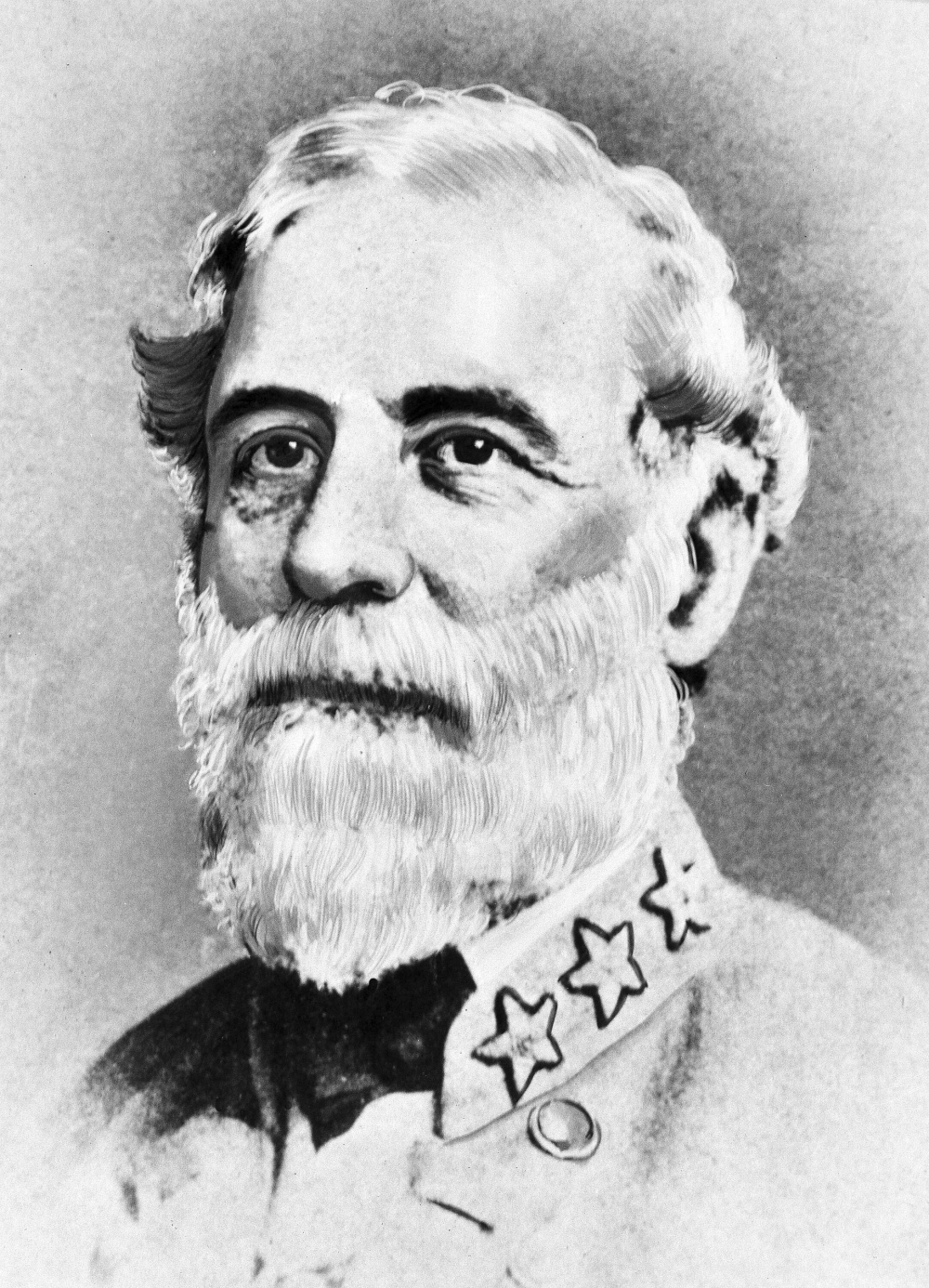
On Tuesday about 1.20 p.m.
I went to First Citizens bank in Tunapuna to transact some business. I wanted to find out my balance and the last deposits and withdrawals that I made. I am aware that if I had Internet banking I could have conducted that exercise from the comfort of my home.

On my way to the bank I saw an old woman, struggling with her walker, and her two assistants—they turned out to be her grandchildren—helping her up the steps. She went into the bank, took a number, sat down and waited to be served by the tellers. Her number was called after about 40 minutes of waiting.
With evident pain, she went up to the teller on her walker to conduct her business. She was assisted by her grandsons. She evinced the same pain she showed when she came out of the parking lot and clambered up the bank steps.
When I saw the cruelty that was inflicted upon this elderly woman, I got up from my seat, and, in a loud voice, said to the teller: “Why don’t you take this woman to a private room and serve her with the dignity she deserves?” One of the bank guards demanded that I “quiet down”. I responded: “I would not quiet down until this woman is treated with the dignity she deserved.” She was taken back to her seat.
Afterwards I spoke with this woman for about ten minutes. She told me that her name was Lucaria Valentine from D’Abadie and she is 92 years of age. She was trying to get the name of one of her grandsons put onto her account so that she wouldn’t have to come to the bank so often.
She sighed: “I can’t walk. My knee hurts.” Then she said: “Dey taking the whole day here.
I am feeling cold here.” I asked the official who was present if he could give me a blanket to put around the woman’s shoulders so she would be relieved of her discomfort. He said: “We don’t have any blankets here.
” Incidentally, the bank does not possess a toilet where its customers can relieve themselves. I am aware that this may be a security risk. After this gruesome ordeal, Ms Valentine was told that she had to go to NIB, the Social Welfare Office, and return with other documents to achieve her objective.
Ms Valentine’s travail was not unique. A similar thing happened to Tacarigua senior citizen David King at the same bank in 2023. Two weeks prior to this incident, David was discharged from hospital after being operated on for prostate cancer.
Yet, there he was, walking up to the teller with his son and his helper holding his catheter—an instrument that is commonly used to drain urine from patients who are undergoing prostate cancer treatment—to transact his business. I rushed up to the manager’s office and complained about the deplorable treatment to which David was subjected. I was operated on for prostate cancer in 2008, so I could empathise with David when I saw the indignity to which he was being subjected.
The manager told me it was a mistake and the bank would do better in the future. Two years later, the same thing occurred. This is the tragedy of it all.
First Citizens is one of the richest banks in the country. For the year ending September 30, 2024, its profit after taxes was $959.9 million, just shy of one billion dollars.
Fees and commissions amounted to $500.7 million or 52.3% of its profit.
Transaction fees were $190.8 million. Put another way, 20% of First Citizens’ profits were extracted from the poor people.
Contrasted with the United States, regional banks derived about 32% of the profits from customers’ fees. Over 90% of First Citizens’ operations and profits are derived from Trinbagonians. In the case of Republic Bank, 50% of its profits come from outside of T&T.
Given First Citizens’ dependence on T&T for its existence, one would think that it would treat its customers, particularly its elderly customers, more courteously. The future government should intervene immediately to reduce the fees that First Citizens (and other banks) charge their customers. The government appoints the bank board and, by extension, the chairman of the board.
These individuals guide the policy and direction of the bank. They have the ability to make these changes immediately. The future government should issue a directive to the First Citizens board to make these changes.
We do not need a Ministry of Implementation and Efficiency to do so. Isn’t it time that we treat our elderly citizens with the respect and dignity they deserve? —Prof Cudjoe’s e-mail address is [email protected] .
He can be reached @ProfessorCudjoe..















